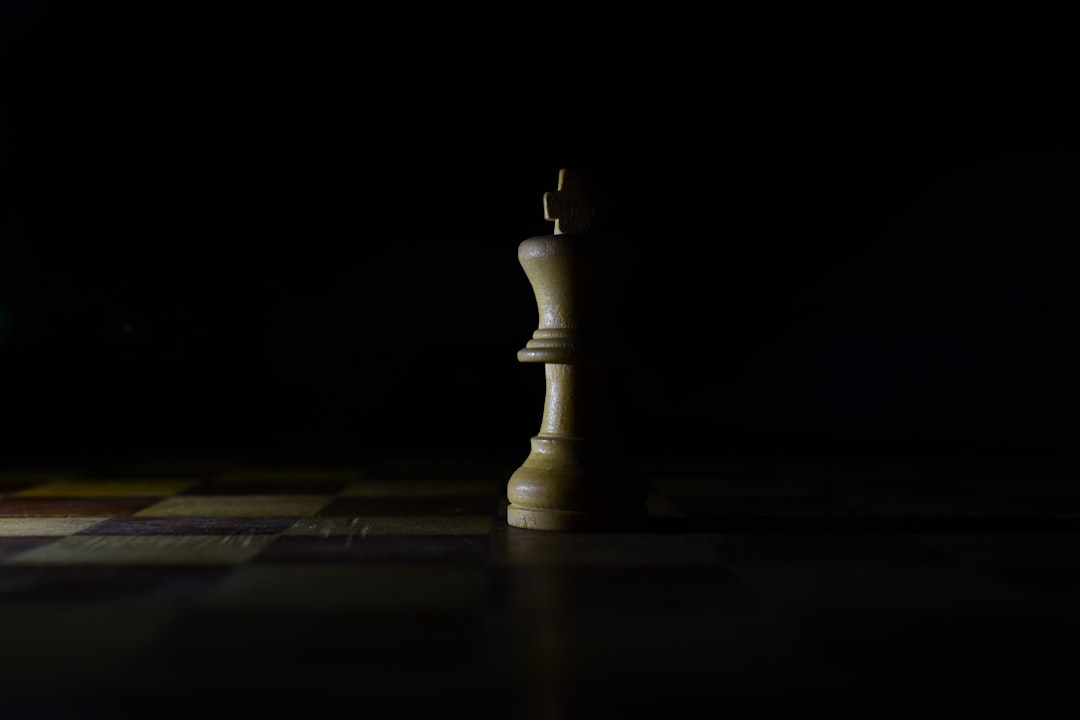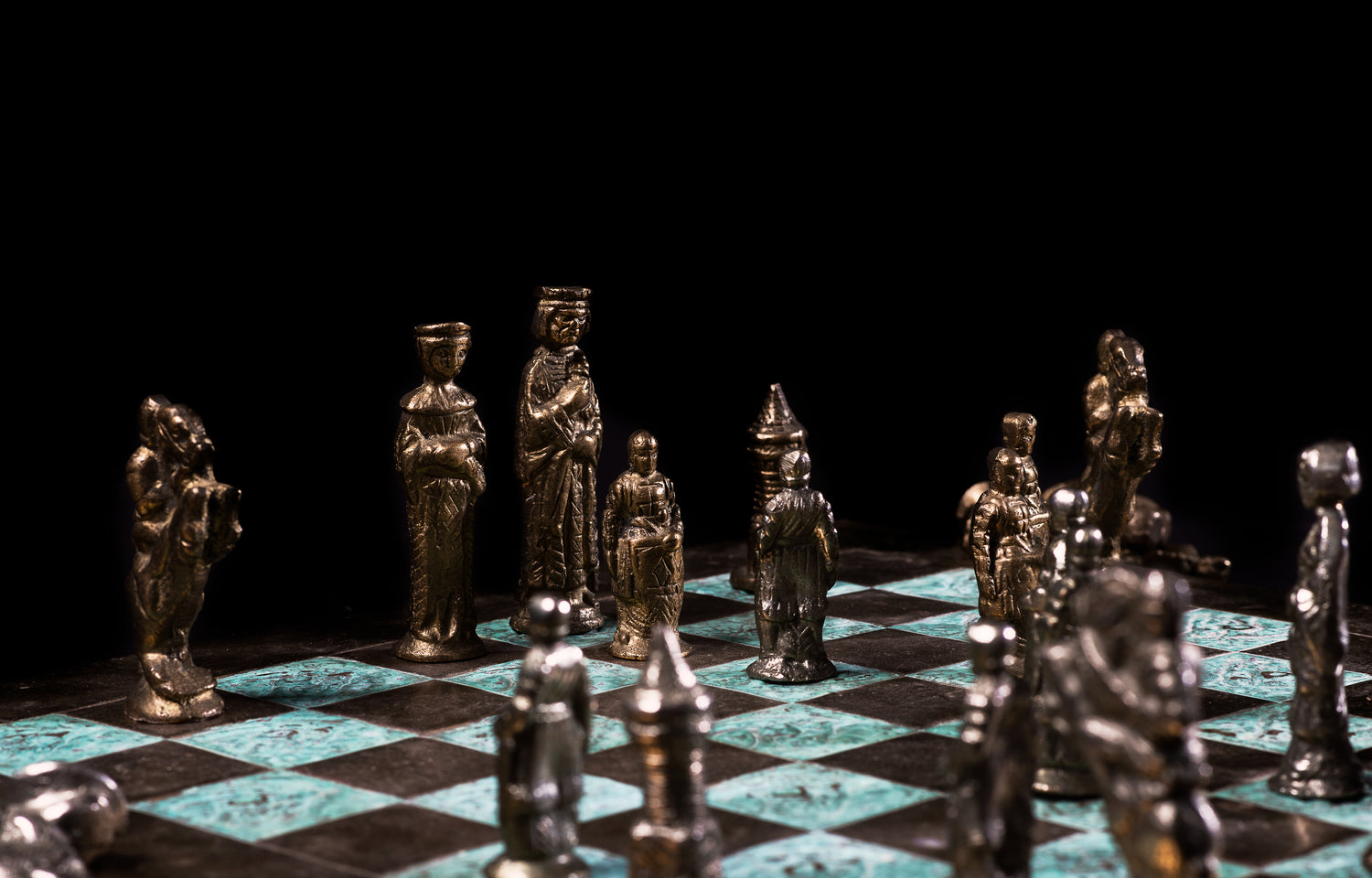Chess, often hailed as the game of kings, is more than just a pastime; it's a rigorous mental workout that enhances cognitive functions, particularly decision-making skills. The strategic depth required in chess cultivates critical thinking, pattern recognition, and foresight, which are transferable to real-world scenarios. This article explores how regularly playing chess can significantly improve your decision-making prowess.
The Neuroscience Behind Chess and Decision Making
Studies in neuroscience have shown that chess stimulates multiple areas of the brain. This stimulation leads to increased neural activity, enhancing cognitive functions such as memory, attention, and problem-solving. Specifically, the prefrontal cortex, responsible for planning and decision-making, is highly active during a game of chess. This repetitive activation strengthens neural pathways, improving overall cognitive efficiency.
Pattern Recognition and Strategic Foresight
One of the key benefits of chess is its ability to improve pattern recognition. Chess players learn to identify recurring patterns on the board, which allows them to anticipate their opponent's moves and plan accordingly. This skill translates into everyday life, where recognizing patterns can help in making informed decisions and predicting outcomes. Furthermore, chess fosters strategic foresight, teaching players to think several steps ahead and consider the long-term consequences of their actions.
Enhancing Critical Thinking and Problem-Solving
Chess is essentially a problem-solving exercise. Each game presents a unique set of challenges that require critical thinking to overcome. Players must evaluate the situation, consider various options, and choose the best course of action. This process hones critical thinking skills, enabling individuals to approach complex problems with a structured and analytical mindset. Regular chess play encourages a systematic approach to problem-solving, which is invaluable in both personal and professional contexts.
Managing Uncertainty and Risk
In chess, as in life, decisions must often be made under conditions of uncertainty. Players must assess the risks and rewards associated with each move, often with incomplete information. This constant evaluation builds resilience and the ability to make sound judgments even when faced with ambiguity. Learning to manage uncertainty in chess can lead to improved decision-making in high-pressure situations, where quick and decisive action is required.
Chess as a Tool for Cognitive Development
Chess is not just for adults; it's a powerful tool for cognitive development in children. Studies have shown that children who play chess regularly exhibit improved academic performance, particularly in math and reading. Chess helps children develop critical thinking, problem-solving, and decision-making skills from a young age, setting them up for success in school and beyond.
Practical Strategies to Improve Decision-Making Through Chess
To maximize the benefits of chess for decision-making, consider the following strategies:
- Consistent Practice: Regular chess play is essential for honing cognitive skills.
- Analyze Your Games: Reviewing past games helps identify mistakes and areas for improvement.
- Study Chess Tactics: Learning tactical patterns enhances pattern recognition and strategic thinking.
- Play Against Stronger Opponents: Facing challenging opponents pushes you to think more critically and creatively.
- Set Specific Goals: Focusing on specific aspects of the game can help target areas for improvement.
By integrating these strategies into your chess routine, you can unlock the full potential of chess as a tool for cognitive enhancement and improved decision-making.
Chess: A Game for Life
In conclusion, chess offers a wealth of cognitive benefits, particularly in the realm of decision-making. By stimulating the brain, enhancing pattern recognition, and fostering critical thinking, chess empowers individuals to make more informed and effective decisions in all areas of life. Whether you're a seasoned player or a novice, incorporating chess into your routine can lead to significant improvements in your cognitive abilities and decision-making skills. Embrace the challenge, sharpen your mind, and discover the power of chess.

